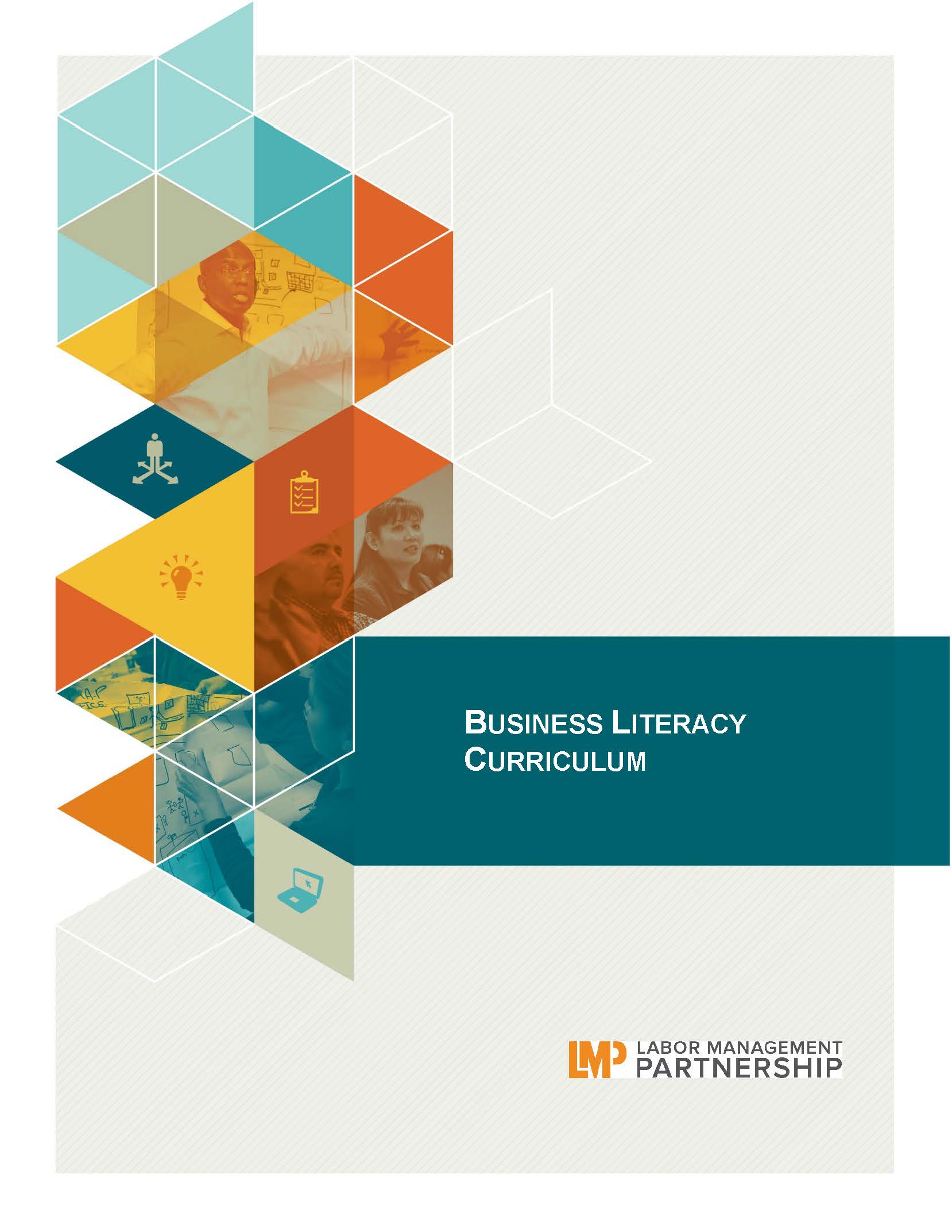Help Video
How to Find UBT Basics on the LMP Website
LMP Website Overview
How to Find How-To Guides
This short animated video explains how to find and use our powerful how-to guides
How to Find and Use Team-Tested Practices
Does your team want to improve service? Or clinical quality? If you don't know where to start, check out the team-tested practices on the LMP website. This short video shows you how.
How to Use the Search Function on the LMP Website
Having trouble using the search function? Check out this short video to help you search like a pro!
How to Find the Tools on the LMP Website
Need to find a checklist, template or puzzle? Don't know where to start? Check out this short video to find the tools you need on the LMP website with just a few clicks.
Business Literacy Series (classroom)
Program description
The Business Literacy Series (BLS) is a highly interactive and engaging curriculum designed to educate frontline teams/departments about the business of Kaiser Permanente. These face-to-face courses encourage active learning through group activities. Courses may be delivered at a dedicated training session or be used as just-in-time tools at staff meetings, UBT meetings or brown bag sessions to meet the needs of each region, service area or medical center.
Scroll down for details on each course or download an at-a-glance description.
Path to Performance
Level 3
Duration
Each course runs between 45 and 55 minutes:
- KP’s Integrated Business Model (IBM), 45 minutes
- Revenue Expenses and Margins (REM), 50 minutes
- Health Care Costs and Trends (HCCT), 55 minutes
- External Measures of Success: How UBTs Can Influence KP’s Scores (EMS), 45 minutes
- Our Unit-Based Team Perspective and People Pulse (UBTP), 45 minutes
- A KP History Timeline (HT), 55 minutes
Who should attend
Job categories include labor and management members of a unit-based team.
Program requirements
It is recommended participants have completed their foundational LMP training for level 1 and 2 teams.
BLS series course objectives and learning outcomes
KP’s Integrated Business Model (IBM)
This 45-minute course explains KP's unique business model: Kaiser Foundation Health Plan, the Permanente Medical Group and Kaiser Foundation Hospitals (or locally contracted hospital services). At the end of this session, learners will be able to explain the competitive advantages of this model and the benefits to KP members.
Revenue, Expenses and Margin (REM)
This 50-minute course shows how our decisions and actions can influence the cost of care to KP members and patients. REM focuses on KP’s primary sources of revenue, and how revenues and expenses are allocated across the organization. Learners discuss factors that may lead revenues to rise or fall, and the need to have and meet a margin. At the end of this session, learners will understand the importance of participating in affordability projects.
Health Care Costs and Trends (HCCT)
This 55-minute course examines the financial challenges facing KP members who struggle to afford health care services. It addresses rising health care costs and current trends in today’s changing marketplace. Through video clips, group discussions and brainstorming, participants are encouraged to think about what they can do as individuals and unit-based team members to help improve operations and reduce waste. At the end of this session, learners will understand the need to play a role in improving the affordability of care.
External Measures of Success (EMS)
This 45-minute course shows the connection between the work teams do and the external measures used in the marketplace to evaluate KP’s success. The course offers an overview of key (publically reported) performance metrics, such as the Medicare Star Quality Ratings System, HEDIS (Healthcare Effectiveness Data and Information Set), CAHPS (Consumer Assessment of Healthcare Plans and Systems) and HCAHPS (Hospital Consumer Assessment of Healthcare Plans and Systems). Learners review case studies and KP service scores that are linked to UBT development. At the end of this session, learners will understand how their unit-based teams can influence these metrics and have a positive impact on KP’s external measures of success.
Our Unit-Based Team Perspective (UBTP)
This 45-minute course brings home the personal side of performance improvement. Participants discuss their experiences working in a unit-based team. Using selected People Pulse survey results and learning exercises, this course shows the benefits of UBTs as a business model. Discussions include how engagement in a UBT influences business performance and the work environment. At the end of this session, learners will be equipped and energized to be part of a high-performing team/department.
A KP History Timeline (HT)
This 55-minute course builds understanding of KP’s mission and accomplishments. It identifies key events that led Kaiser Permanente to its integrated business model and made us a leader in health care. It also reviews how our Labor Management Partnership has influenced KP’s development and strengthened KP and the unions. At the end of this session, learners will feel proud of their contributions to the health of our communities, and how to be effective ambassadors for KP.
FAQs
Q: Does my team need to complete all courses to fulfill requirements for business literacy?
A: Business literacy training requirements are determined by each region. For more details, connect with your corresponding unit-based team consultant or your regional LMP training office.
Q: What is the difference between the Business Literacy Series and some existing business literacy modules?
A: Click here for details.

Enrollment information
For in-person classroom training, contact your regional training leaders for more information.
